The red banner against the white cause - who are they, the winners
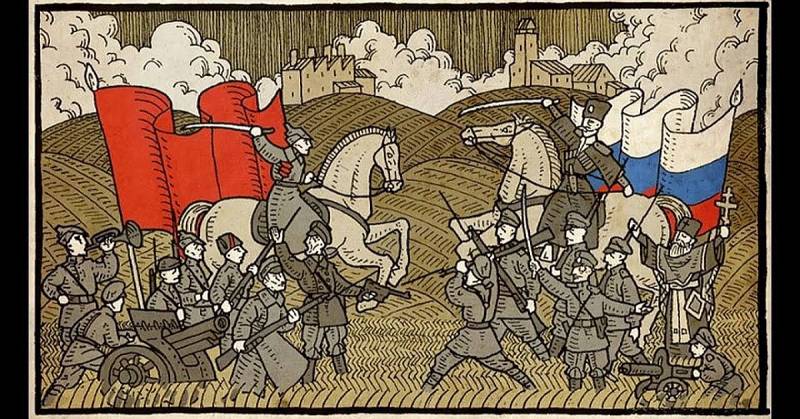
In the first part of this small personnel study (Whites vs. Reds - Professionals vs. Amateurs) readers were promised information about the level of education and military experience of the highest cadres of the Red Army during the Civil War. In the presented second part, and then in the third, we will talk only about the members of the Revolutionary Military Council of the Republic.
Do not look for their detailed and even brief biographies in the essay, everything is collected from open sources exclusively on the topic. At the same time, some members of the RVSR, including the chairman L. Trotsky, his deputy E. Sklyansky and two commanders-in-chief - I. Vatsetis and S. Kamenev, were described more than once and in sufficient detail on the pages of the Military Review (The real Kamenev. Sergei Sergeevich, Commander-in-Chief of the Red Army, Commander-in-Chief Vatsetis - the first red supreme).
Also, I will not repeat myself about the heroes of my recent publications from the series “Ministers, People's Commissars and Commanders-in-Chief. In the era of wars and revolutions ”- N. Podvoisky and V. Antonov-Ovseenko. I will only note that both of them, like Trotsky and Sklyansky, were excellently educated people, although one never completed the course of a military school, and the other did not complete the course of the Yaroslavl legal lyceum, confining himself to a theological seminary.
In the book about the RVSR, which was published back in 1991, but has not been republished since then, the ordinary members of this revolutionary similarity of the rate are presented alphabetically. And the author decided not to contradict the predecessors.
Vasily Mikhailovich Altvater
So, Vasily Mikhailovich Altvater - A graduate of the Naval Cadet Corps and the Nikolaev Naval Academy. At the first commander-in-chief of the Red fleet with combat experience there was complete order, and he was supplemented by diplomatic experience - he took part in the negotiations in Brest.
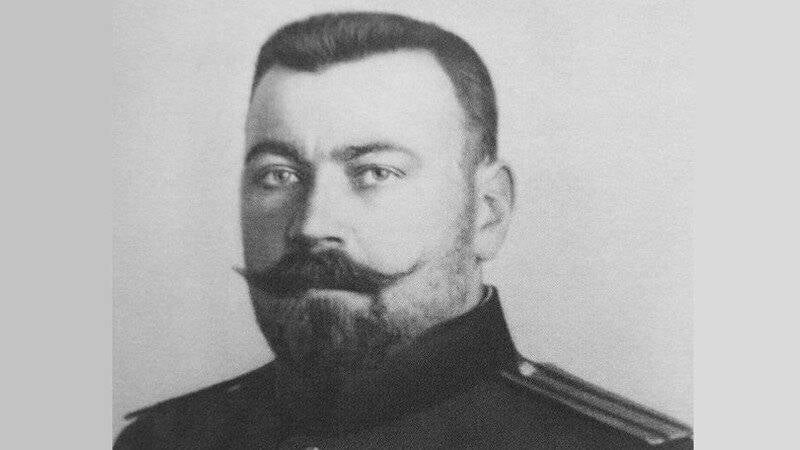
V. Altvater was one of the few permanent members of the RVSR, although only until April 20, 1919. It is believed that he died of a heart attack in Moscow, but in his memoirs, German General Max Hoffmann put forward a version of the assassination of the first commander in chief of the Red Fleet, which has not yet been refuted.
Semyon Ivanovich Aralov
No less than Rear Admiral had military experience and Semyon Ivanovich Aralov, a staff captain with four years at the front. He graduated from the Moscow Commercial Institute, during the years of the revolution he became an active Menshevik, sat in the Pre-Parliament and was a delegate to the Second Congress of Soviets.
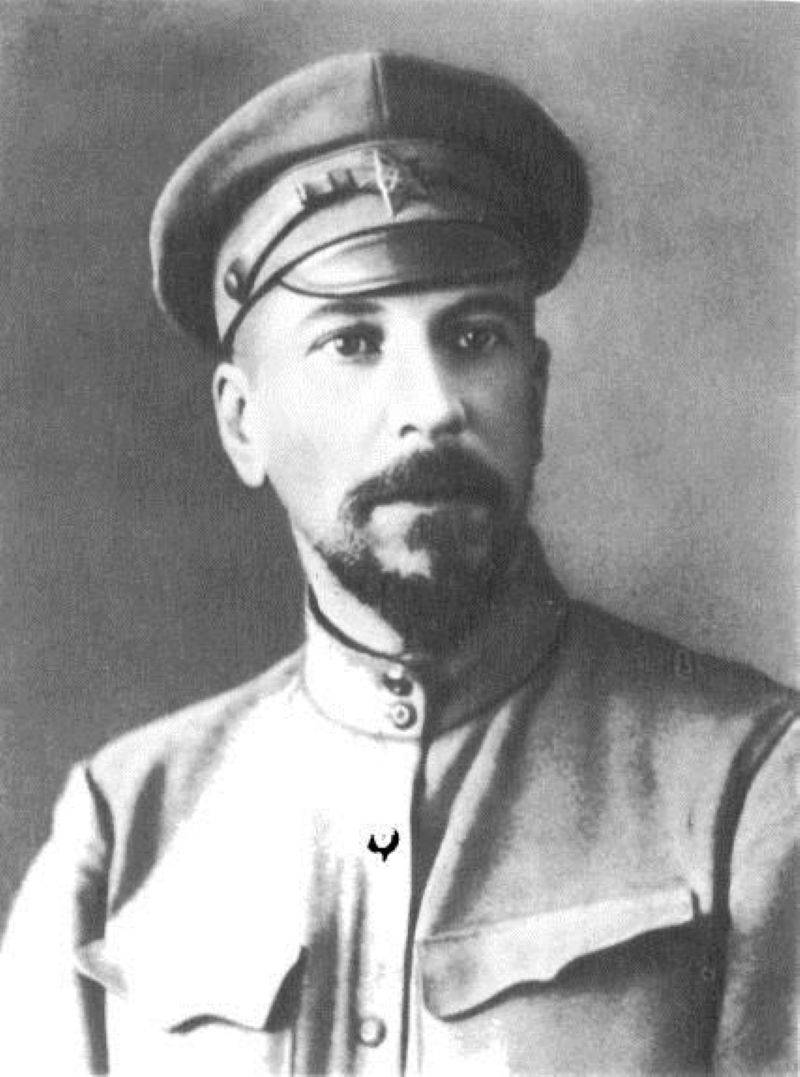
On the recommendation of Yemelyan Yaroslavsky, during the October events, Aralov headed the operational department of the headquarters of the Moscow Military District. As part of the Revolutionary Military Council of the Republic, he was one of those who are commonly called a workhorse.
S. Aralov was among the few who escaped repression, perhaps because he did not hold high positions. He also had a chance to take part in the Great Patriotic War - as part of the 33rd Army, Colonel Aralov reached Berlin.
Sergei Ivanovich Gusev
Sergei Ivanovich Gusev, whose real name and surname is Yakov Davidovich Drabkin - one of those very non-professionals in the RVSR. He graduated from the St. Petersburg Technological University and was one of the first to join the ranks of the Social Democrats. A professional revolutionary, in 1905, together with Trotsky, he was at the head of the Petersburg Committee - Gusev became one of his secretaries.
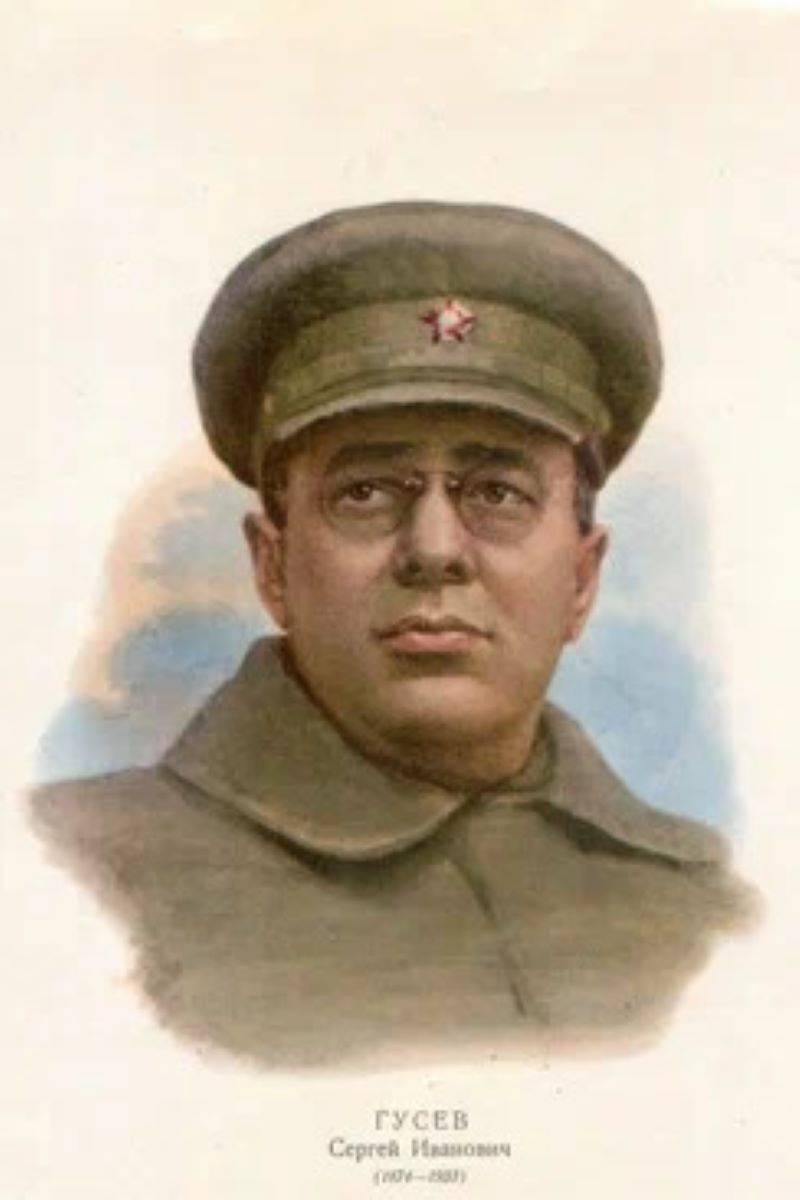
In October 1917, after many years of revolutionary struggle, S. Gusev was already secretary in the Military Revolutionary Committee, which organized the revolution, or, as it is now commonly called, the Bolshevik coup. His membership in the RVSR was clearly intended to strengthen the organizational and agitational work of the council.
Karl Khristianovich Danishevsky
Latvian Karl Khristianovich Danishevsky, who, at a very young age, took part in the first Russian revolution and, like Aralov, studied at the Moscow Commercial Institute, but failed to complete the course, as he was expelled for revolutionary activities.
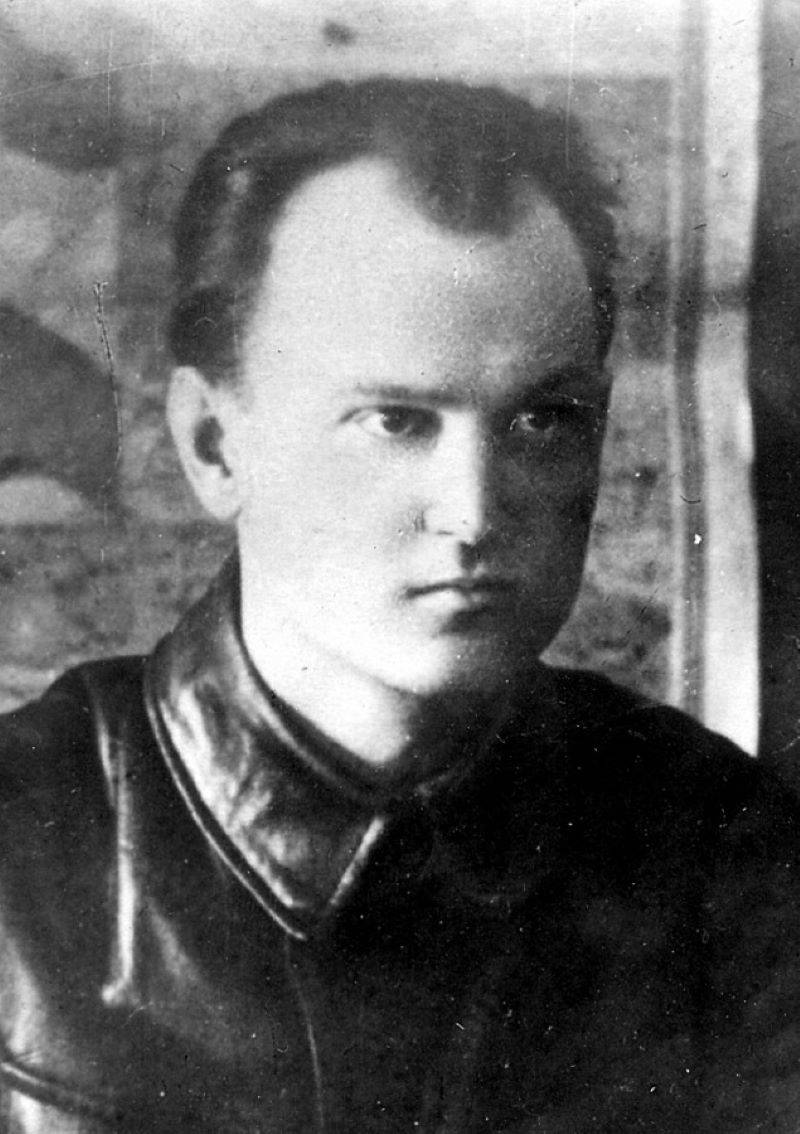
Danishevsky spent the years of the First World War in exile, returned in February and was immediately elected to the Moscow Council from the Bolsheviks. He conducted revolutionary work in Latvia, participated in the formation of parts of the famous Latvian shooters, which was the main reason for enrolling him in the RVSR.
Pyotr Alekseevich Kobozev
Pyotr Alekseevich Kobozev, a native of a peasant family, managed without patronage to enter the Imperial Technical School, the current Baumanka, from where he was expelled for participating in demonstrations and revolutionary agitation. However, he successfully graduated from the Riga Polytechnic Institute, became a process engineer, although everyone considered him a railway worker.
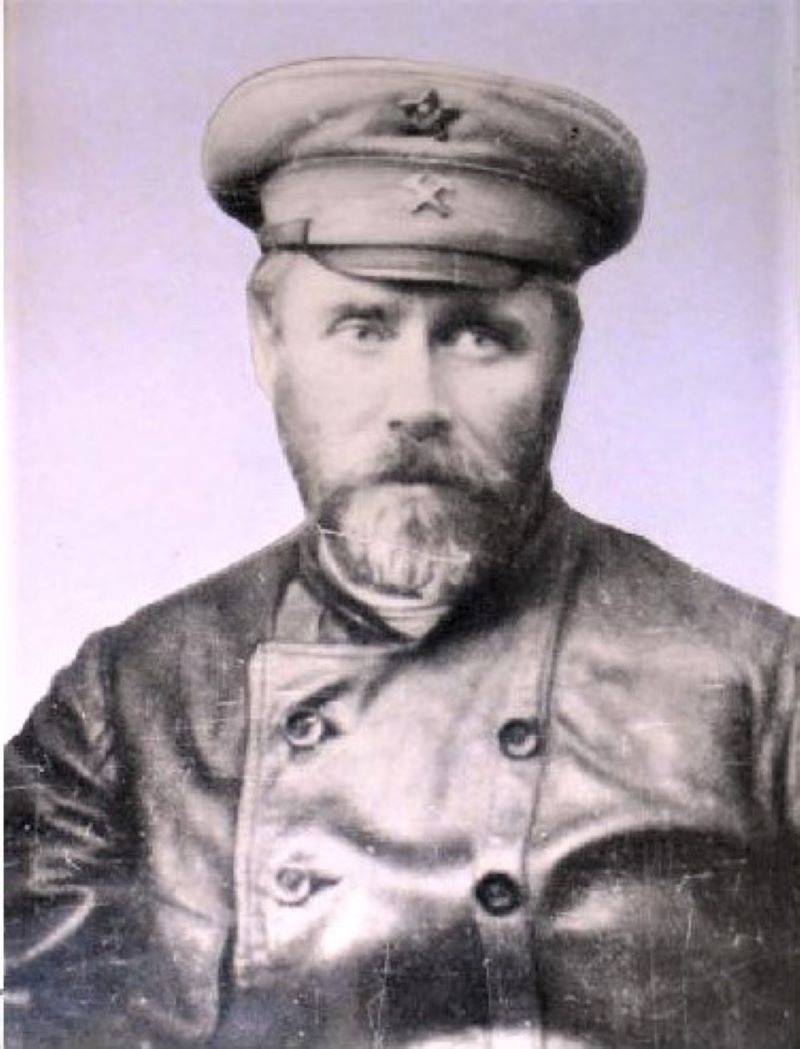
He worked and actively agitated for the revolution at the famous Russobalt, during the days of the 1905 revolution he organized strikes and demonstrations at the Caucasian oil fields, which was the end of his military experience. During the First World War, P. Kobozev was exiled to Orenburg, where he actually created a powerful Bolshevik organization.
Already in April 1917, he was the commissioner of the Orenburg railway, and the Provisional Government appointed P. Kobozev as an inspector of railway educational institutions. It is not entirely clear why he spent only a month in the position of People's Commissar of Railways in Lenin's Council of People's Commissars, but Kobozev was introduced to the RVSR for sure because he knew everything about the railways of the Russian Empire, and not only.
Dmitry Ivanovich Kursky
As part of the RVSR, there was also a native of the family of a railway engineer - Dmitry Ivanovich Kursky, an experienced lawyer, a graduate of the law faculty of Moscow State University. He joined the Social Democrats as a 30-year-old barrister and immediately took an active part in the December 1905 uprising in Moscow.
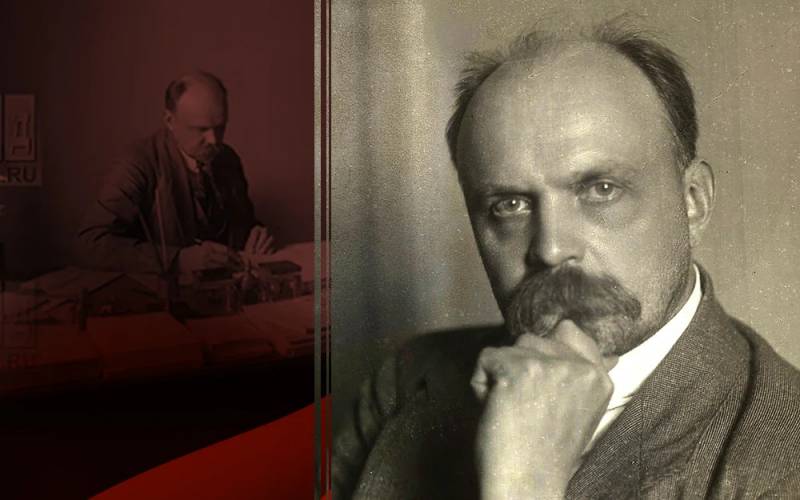
The lawyer D. Kursky had a very solid military experience - he was mobilized for the First World War as an ensign, but he nevertheless made his career on a revolutionary path. The chairman of the soldiers' council, a deputy at various congresses, a member of the Odessa Military Revolutionary Committee - this, in the conditions of an acute shortage of proven personnel, you will agree, is a very solid reason to make Kursky a member of the RVSR.
As part of the collegiate RVSR, he stayed for a surprisingly long time, unlike many other members, right up to I. Stalin, although he can be considered almost a black sheep there. However, the experience of a lawyer in revolutionary leadership structures was in demand, and even very much so. Moreover, D. Kursky was also the People's Commissar of Justice of the Republic of Soviets.
Konstantin Alekseevich Mekhonoshin
Konstantin Alekseevich Mekhonoshin, a Permian from a poor family, a worker at the Aleksandrovsky plant in the Solikamsk district, who failed to graduate from St. Petersburg University, but even without a diploma became a competent geologist. When he was drafted into the army in 1915, he was a member of an academic naval expedition.
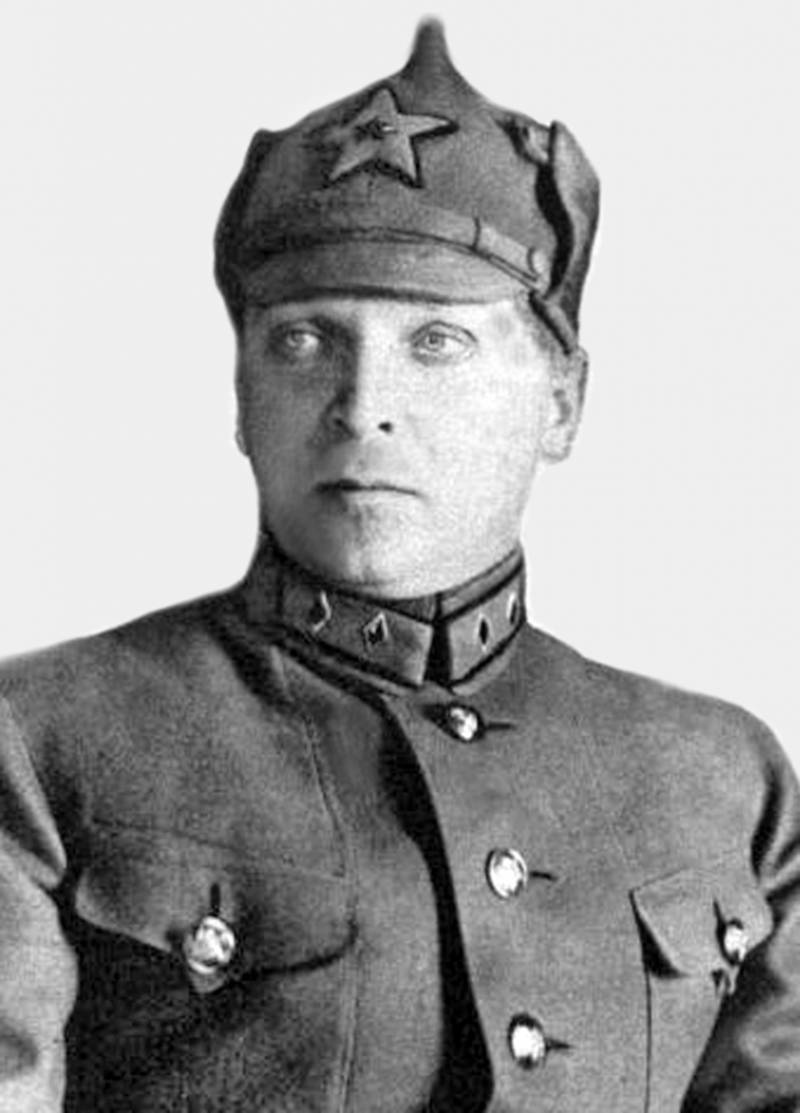
He ended up not at the front, but in the reserve battalion of the Pavlovsky Guards Regiment, and in the seething Petrograd illegally agitated for the revolution. He entered the regimental committee, the Petrograd Soviet and the military committee of the Bolshevik Central Committee. In October 1917, K. Mekhonoshin was so active that he immediately became deputy people's commissar for military affairs and commissar under the commander of the Petrograd Military District.
The appointment of Mekhonoshin in the RVSR was quite justified, as was the expulsion in July 1919, along with Stalin, Podvoisky and five other members who did not look into the mouth of the chairman of the RVSR and Commissar Trotsky. But, unlike Stalin, Mekhonoshin did not return to the RVSR.
Vladimir Ivanovich Nevsky
Vladimir Ivanovich Nevsky, less known by his real name and surname - Theodosius Krivobokov, originally from Rostov-on-Don, at first graduated only from a real school. Self-education was to become his destiny, since he was not allowed to graduate from the natural faculty of Moscow University due to active revolutionary activity.
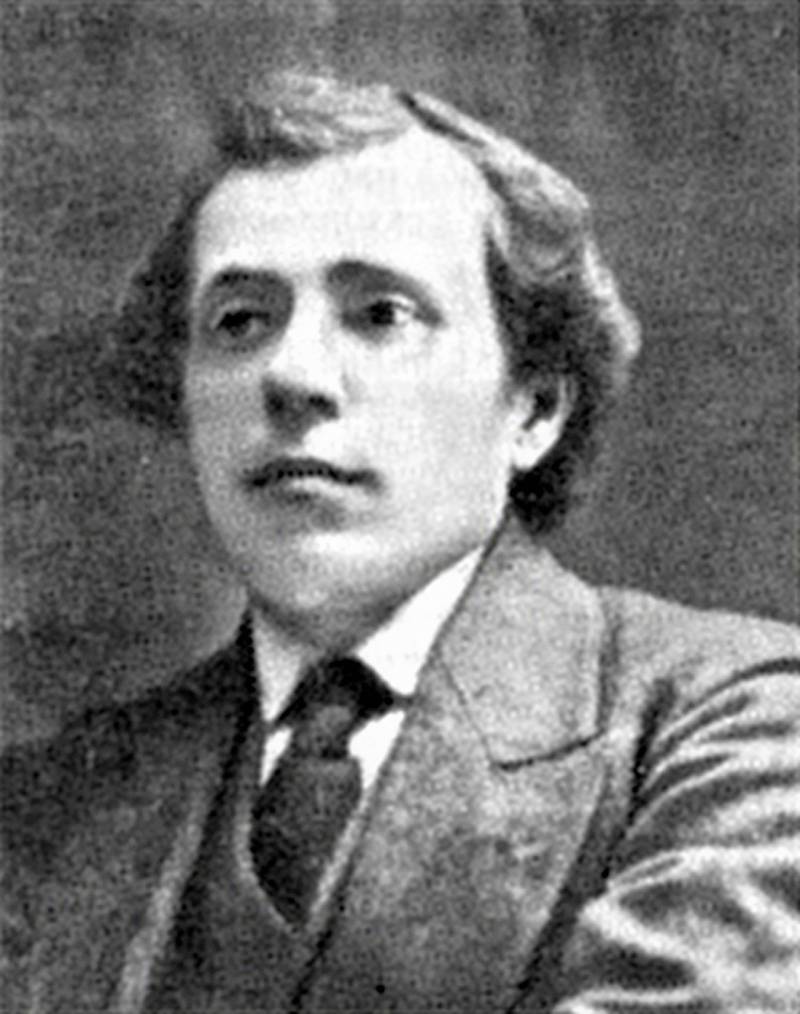
However, already 34 years old, V. Nevsky nevertheless graduated from the university - in Kharkov, again, in the line of natural sciences. But with combat experience, he did not work out very well, he did not even participate in uprisings or street skirmishes with the police and the Cossacks. However, Nevsky was extremely popular among the soldiers of the Petrograd garrison, and Podvoisky even called him their idol.
Alexey Ivanovich Okulov
Alexey Ivanovich Okulov was from the Minusinsk district, from the family of a merchant who went bankrupt in the gold mines. He studied at the Krasnoyarsk gymnasium, but graduated from the Kyiv one, and received, probably, the most original education among the members of the RVSR. In 1904, Stanislavsky released not the most talented A. Okulov from the school of dramatic art at the Moscow Art Theater.
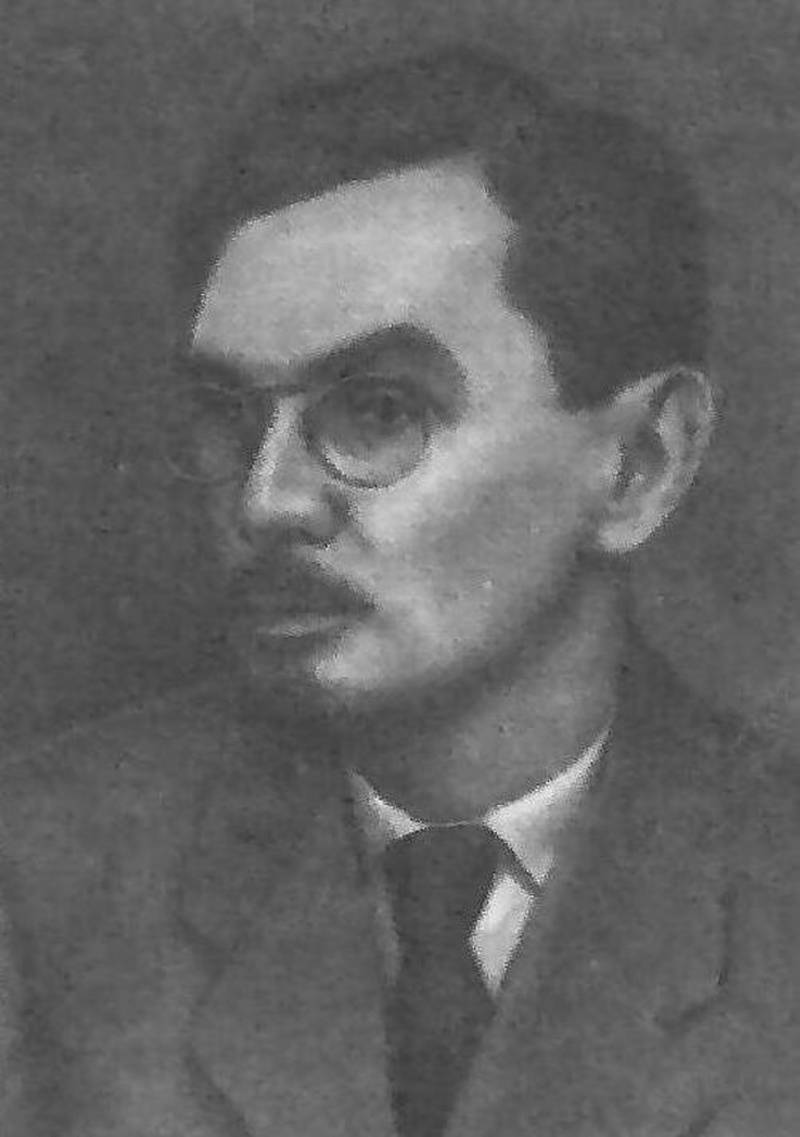
A revolutionary politician from him turned out to be more striking than an actor. Just a year later, in Vologda, he was already in charge of a working combat squad, which the city Duma formed quite legally. It is believed that it was A. Okulov who ordered the arrest of the governor and held the city in his hands for several weeks.
After the suppression of the revolution, the failed idol of the public had to emigrate. In 1916, three years after returning from abroad and almost immediately arrested, he was drafted into the army. He even visited the front, but in February 1917, while on vacation in Krasnoyarsk, Okulov put together the local Council of Deputies.
Okulov was for some time the de facto prime minister of the provincial government, heading the provincial executive committee. The Lenin All-Russian Central Executive Committee appointed Okulov authorized to form the Red Army in Siberia, after which it was simply impossible to leave him outside the RVSR. However, already in July 1919, Okulov, along with seven other members of the RVSR, was removed from the council and was not brought back.
The universities and military science knowledge of the other eight members of the RVSR during the Civil War will be discussed in the third and final part of this extremely brief and far from complete essay. In the same place, we will summarize how educated, trained and professional in military affairs can be considered members of the highest authority not only of the Red Army, but of the entire Republic of Soviets.
Information